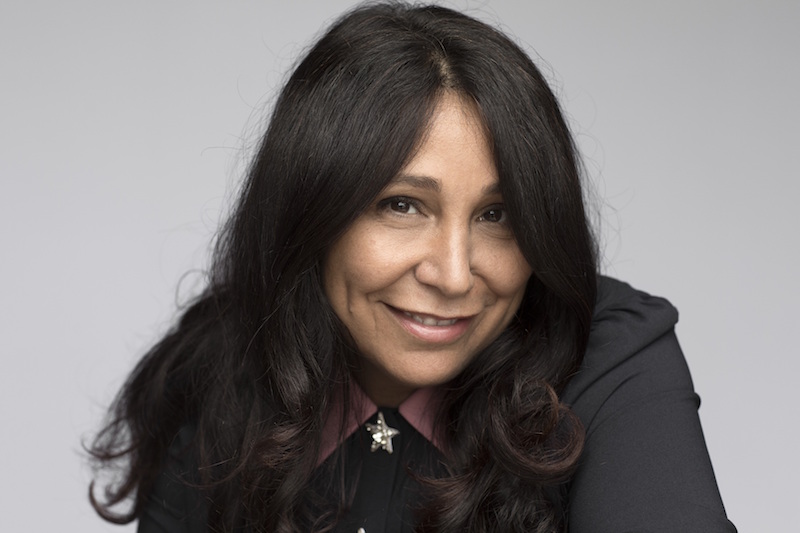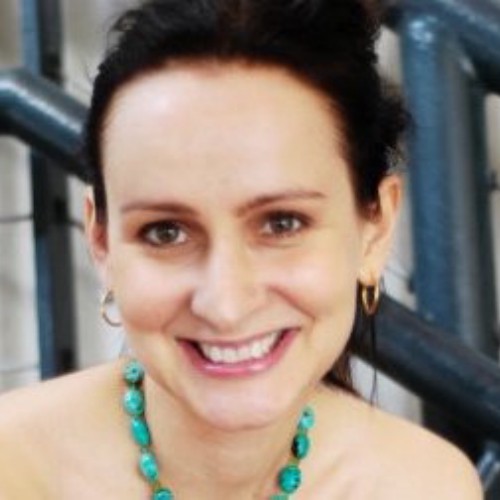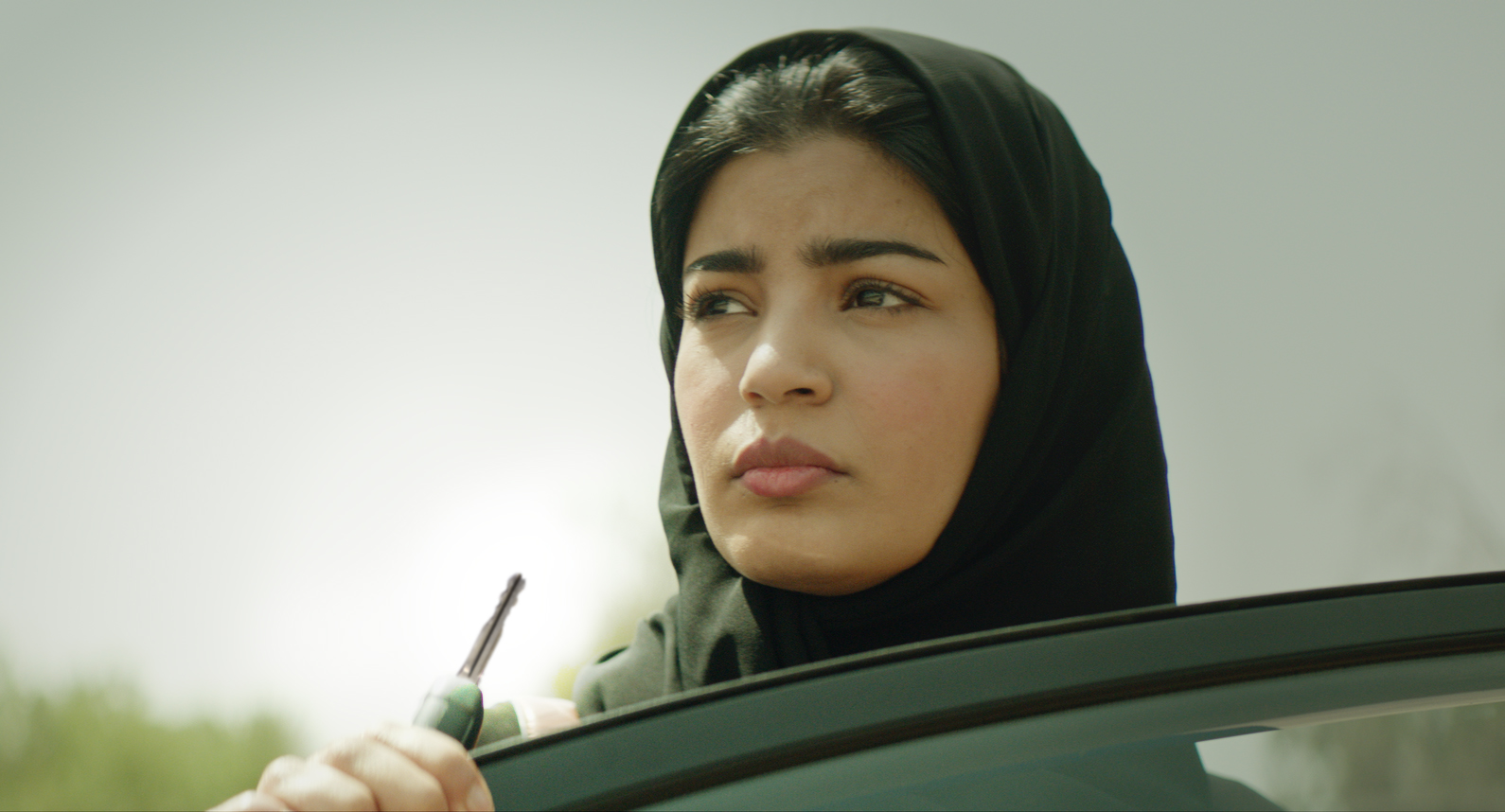If you want to learn about freedom, you should watch ‘The Perfect Candidate’ by Haifaa al-Mansour. Because while we cry out for personal rights and equal representation as women, the truth is our minds are still shackled and we’re holding the key.
I was privileged to interview al-Mansour at this year’s Venice Film Festival, continuing a conversation that we’ve had throughout the years, ever since I met her in Dubai, and watched her stunning, award-winning debut ‘Wadjda’.
Following are five life lessons I learned from the filmmaker, which I’d like to pass on to you.
We must see the world from a shared point of view
When asked about writing the script with her husband, Brad Niemann, al-Mansour brought up their cultural backgrounds, he’s American, and how each enhanced the writing process: “Both of us understand and see the world in a shared POV, which is how we work. He has a big heart and is very compassionate. Arabs we are angry. I’m angry. Anger, I wrote in the script — compassionate heart is coming from the American [side]. He brings heart and understanding to the characters and he really loves them. He wants to be close to them and give them amazing lines and give them sassiness. I feel it’s really amazing to work with him, it’s really nice and Americans work really hard.”
Arab women are not meek
As a Westerner who has traveled extensively throughout the Middle East, I wanted al-Mansour to help me explain some of the misconceptions coming from our side of the world. I could not expect her answer to be this perfect: “Thinking that [Arab] women are really obedient and subservient. We are not that! We are very very fierce! We pretend, but we know who makes decisions in the house. But because of the social [structure] a woman doesn’t want to be stigmatized, or pushed to a place where they aren’t seen as honorable women. In the Middle East women have a lot of potential. The misconception is feeling that women are helpless. The system is not always with them, there is gender inequality for sure in the Middle East but the way they maneuver it everyday is really remarkable.”

Humor will get you everywhere
A lot of lightness is usually present in al-Mansour’s work, even when she tackles important issues like women’s rights. She explained the reason behind that quite simply: “I’m not an angry person, in general. If you really want to have a change you cannot be angry. Because when you are angry you are crippled. In the state of mind where you don’t see. For me to really be able to create a change, you have to start a dialogue and be relaxed about it. You cannot talk to people when you are angry, because they don’t want to talk to you. But if you try to bring in a joke in here and a joke in there, it’s easier to start that kind of dialogue.”
Make sure you know your individual identity, not what the world wants you to be
Identity is also something central to al-Mansour’s work. I’ve always been in awe of how she navigates Western and Arab circles, film festivals and media with the same ease and confidence. She explained where her self-assuredness comes from: “Women really need to be proud of their identity. I’m a filmmaker that always believed in that. We should not conceal. When a woman is completely covered that conceals her identity. That is very damaging for a woman’s psychology. We really need to be proud — the face especially. I think women’s bodies should not be subject to project a political or religious identity and I think whether it is in advertising where women have to be very thin, and very tall and have that image to sell something that is also using a woman’s body. Exactly in the same way when we dress women in a certain way to represent something. I think women should have the freedom to represent themselves the way they think they are and based on individual identity.”
You do reap what you sow
It was interesting to ask al-Mansour about her experiences as a Muslim in Trump’s America now that she’s been living in Los Angeles with her family. She used the question to explain her feelings about building cultural bridges: “I’m very open to the world. And I feel if you put bridges out to the world, the world will accept you. If you put up [she makes the sign for barriers with her hands] the world will not accept you… I talk to people and I enjoy that and I think that’s how it should be. We should not put who we are ahead of who everybody else is. And yes, if you want to talk about how Muslims have discrimination against them in different places… Yes, but how much are Muslims willing to open up to other cultures? How much? We don’t, we are a very insular culture. We keep to ourselves, we don’t interact, and it’s hard for us to go to a culture and be open to it. We need to open up, accept other values and be able to transmit values. It cannot be just one way. Our culture is we don’t accept other values — conservative, Muslim identity is our only values… and that is a problem for us. If we don’t realize it we will always be small. For us to be a part of a bigger world, we have to address this. Why can’t we integrate? It’s not about being Arab, it’s a bigger problem.


